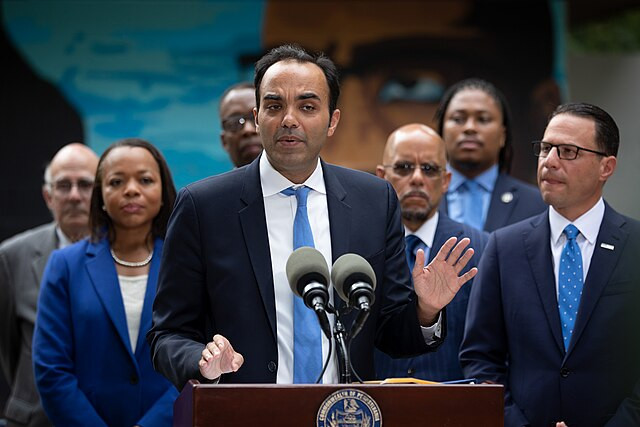The Consumer Financial Protection Bureau (CFPB) announced on Thursday the finalization of a rule designed to limit excessive overdraft fees charged by banks and credit unions. The measure, expected to save consumers an estimated $5 billion annually, represents one of the Biden administration's most significant efforts to address "junk fees" in the financial sector.
The rule caps overdraft fees at $5, a sharp reduction from the typical $35 charged by many banks. Financial institutions will also have the option to limit fees to the amount needed to cover their costs or treat overdrafts like loans, requiring disclosure of interest rates and terms. The regulation applies to banks and credit unions with at least $10 billion in assets and is set to take effect on October 1, 2025.
"For far too long, the largest banks have exploited a legal loophole that has drained billions of dollars from Americans' deposit accounts," CFPB Director Rohit Chopra said in a statement. "The CFPB is cracking down on these excessive junk fees and requiring big banks to come clean about the interest rate they're charging on overdraft loans."
Supporters of the rule, including Lael Brainard, head of the National Economic Council, hailed it as a step toward financial equity. "Excessive overdraft fees have saddled hardworking Americans with charges that really add up, preventing them from getting ahead. That is real relief for families," Brainard said.
However, the rule faces fierce opposition from the banking industry. The Consumer Bankers Association (CBA) criticized the measure, calling it "an unlawful attempt at government price setting" that could reduce consumer access to overdraft services. In an open letter, the CBA argued that banks have already introduced measures such as grace periods and the elimination of non-sufficient funds fees to assist consumers.
Despite industry pushback, the CFPB emphasized the broader benefits of the rule, noting that American households stand to save an average of $225 annually. Overdraft fees, which have generated $280 billion in revenue for banks since 2000, have long been criticized for disproportionately impacting low-income consumers.
The rule's future remains uncertain, especially with President-elect Donald Trump set to assume office in January. Trump has been critical of Biden-era financial regulations and could seek to overturn or amend the rule through a new CFPB appointee.
Bank lobbying groups have already signaled plans to challenge the rule in court, mirroring their successful efforts to delay a separate CFPB rule capping credit card late fees.
The CFPB's move is part of a broader campaign by the Biden administration to address hidden fees in various sectors, including airlines, live events, car rentals, and banking. The crackdown aims to increase transparency and reduce financial burdens on consumers.
Congress established the CFPB in 2010 in the wake of the financial crisis to protect consumers from predatory financial practices. Despite legal challenges to its authority, the Supreme Court recently upheld the bureau's ability to operate.






